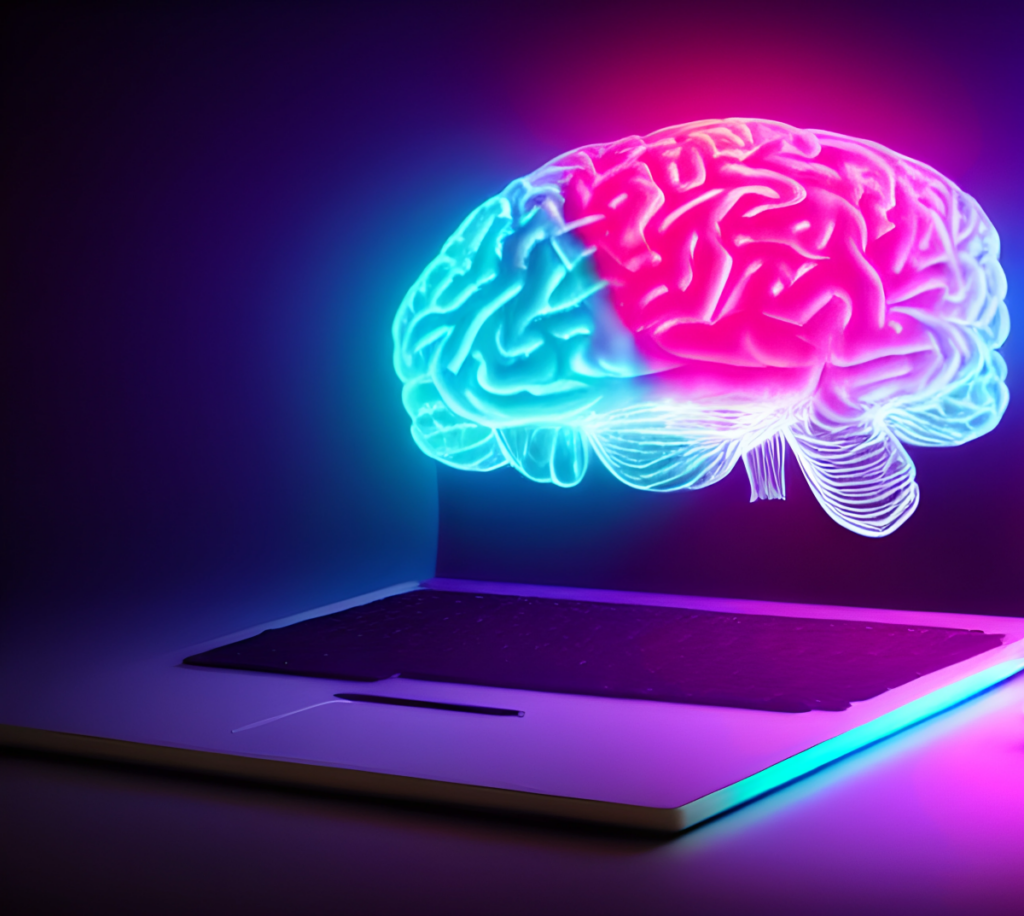Brain rot comes from doom scrolling 2023
In today’s digital age, “doom scrolling,” the practice of endlessly scrolling through social media feeds and news websites in pursuit of negative or distressing information, has become a common behavior.
While many of us engage in this behavior as a means of staying informed, a growing corpus of research suggests that it may be more detrimental than beneficial. And, all that doom-and-gloom browsing may actually cause “brain rot.”
You can safeguard your mental health and well-being by taking precautions against the negative effects of perusing through doom.
What is mental decay?
“Brain rot,” as you may have guessed, is not a medical or scientific term. Rather, it is a slang term that can be utilized in various ways depending on the circumstance. In a less sympathetic context, it may refer to the deterioration of the brain caused by diseases such as Alzheimer’s or dementia. This is not what we are discussing.
Brain rot refers, in a broader sense, to the feeling of mental fog or confusion after protracted drug use or lack of sleep, as well as a feeling of mental or emotional decline or decay, which is frequently associated with stress, anxiety, or depression. These conditions can affect the structure and function of the brain, resulting in cognitive impairment and decreased creativity and productivity.
What exactly is doom scrolling?
Doom scrolling is the behavior of scrolling through and ingesting a large quantity of negative news or social media content, leaving you feeling overwhelmed and distressed.

Increased anxiety, stress, and feelings of helplessness or hopelessness can negatively impact mental health. Additionally, the constant flow of negative news and images can disrupt sleep patterns and cause emotional exhaustion.
The behavior is frequently influenced by a combination of factors, such as the brain’s reward system, which is triggered by the anticipation of receiving new information, and the “negativity bias,” which causes the brain to prioritize and remember negative information more than positive information. To generate more engagement and views, social media algorithms and news outlets tend to prioritize and promote negative content.
The brain’s reward circuitry
The reward system in the brain is a complex network of structures and neurotransmitters that regulates feelings of pleasure and motivation. When we engage in gratifying or rewarding activities, such as eating or socializing, our brains release the chemical dopamine, which reinforces these behaviors and makes us want to repeat them.
However, when we engage in activities that are short-term pleasurable but ultimately detrimental, such as doom scrolling and excessive social media use, this can contribute to brain rot. This is due to the fact that these activities can alter the functioning of the brain’s reward system, making it more difficult to experience enjoyment and motivation from other activities that are more beneficial in the long run.
Doom scrolling is a form of addictive behavior that provides a constant stream of negative stimuli, such as news stories and social media posts that trigger feelings of anxiety, dread, and helplessness. Over time, this can cause desensitization to these negative stimuli, making it more challenging to experience positive emotions or derive joy from other things.
To combat this, it is essential to take breaks from doom scrolling and other forms of excessive social media use and engage in activities that are more beneficial to the brain’s reward system, such as exercise, socializing with friends and family, and pursuing hobbies and interests that provide a sense of accomplishment and satisfaction.
The repercussions of doom scrolling
The effects of despair scrolling can be substantial. This behavior can have a variety of negative effects on mental health, emotional health, and even physical health. Here are some of the most significant effects of melancholy scrolling, which all contribute to cognitive decline:
- Constant exposure to negative news and information can induce feelings of anxiety and stress, resulting in a heightened sense of dread and helplessness.
- Prolonged doom scrolling can contribute to feelings of sorrow, hopelessness, and despair, thereby increasing the likelihood of developing or deteriorating depression.
- Doom scrolling late at night can disrupt our sleep patterns and make it more difficult to fall asleep or remain asleep, leading to chronic sleep disturbances that can have detrimental effects on our overall health and well-being.
- Constantly monitoring social media and news feeds can be distracting and impede our ability to concentrate on tasks, resulting in diminished productivity and performance.
- Consequences for physical health Chronic stress and sleep disturbances can have negative effects on our physical health, thereby increasing the risk of a variety of health problems.
In general, doom browsing can have detrimental effects on our mental and physical health. Maintaining a healthy balance between news and social media consumption and establishing limits for social media platforms can reduce the negative effects of doom scrolling.
How to counter perilous scrolling
To prevent brain rot caused by foreboding scrolling, you must be deliberate in your media consumption and prioritize your mental health. Setting limits on the amount of time you spend on social media and news websites is one method to achieve this.
Additionally, you should diversify your media sources. Examine content that educates, inspires, or entertains you in lieu of focusing solely on negative news. This can help maintain a balanced worldview and cultivate a more optimistic outlook.

The timing of content consumption is also crucial. Avoid social media and the news before bed to avoid sleep disruptions. Try reading a book, meditating, or taking a tepid bath as an alternative.
In addition to establishing a strict schedule for news and social media consumption, you must minimize temptations. Turn off notifications for social media and news applications. This assists you in establishing the necessary boundaries to avoid constant exposure to negative content.
Overall, you will need to engage in mental health-promoting activities, such as exercise, meditation, and hobby pursuits. These activities can provide a healthy diversion from despair scrolling and contribute to a more balanced and optimistic way of life.

